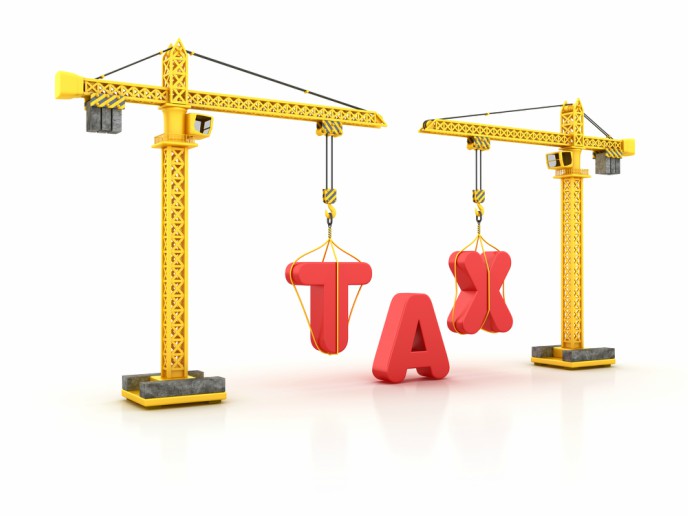If you work in the construction industry, either as a contractor or subcontractor, then you should be aware of Construction Industry Scheme deductions.
Launched to prevent tax evasion in the construction industry, any contractor which employs subcontractors is required to deduct money from subcontractors’ payments and pass it to HMRC. These deductions are then used as advance payments towards a subcontractor’s tax and National Insurance.
While contractors must be registered for the scheme, subcontractors don’t need to be. However, for subcontractors that aren’t registered, deductions will be taken from their payments at the higher rate of 30% instead of the rate of 20% for registered subcontractors. Therefore, whether you’re a self-employed subcontractor, or you’re running as a limited company, it is worthwhile ensuring you have made the necessary arrangements to register for the scheme. You can find out how to register on HMRC’s website – What you must do as a Construction Industry Scheme (CIS) subcontractor.

The good news is that because the CIS rules require a set amount to be taken each month, this often results in subcontractors overpaying tax and being eligible for a CIS tax refund from HMRC at the end of each financial year. However, the practicalities of claiming this refund can be complicated.
How do I claim a CIS refund if I am a self-employed subcontractor?
In order to know if you’re eligible for a refund, you will need to complete a Self-Assessment tax return and record the full amounts on your invoices as income along with information on any deductions contractors have made as CIS deductions. HMRC will then work out your tax and National Insurance bill and take off any deductions made by contractors.
However, getting the figures correct isn’t always a straightforward process. As well as contractor deductions, your expenses play a large part in whether you are eligible for a CIS refund. Understanding which expenses can be offset against your earnings can be complex and can result in prosecution or large penalties if you submit them incorrectly.
How do I claim a CIS refund if I am a subcontractor operating as a limited company?
If you have gross payment status, which means contractors will pay you in full, without deductions, you will need to pay all your tax and National Insurance at the end of the tax year. You can apply for gross payment status when you register for CIS. You will then need to declare all your income in your Corporation Tax return in the usual way.
What records do I need to keep for CIS refunds?
The main contractor should provide you with your CIS statements so you can record how much has been deducted from your fees. If you haven’t been provided with your statements by the contractor, you should ask them to send them to you. In the event you are unable to obtain these, or a contractor has gone out of business, then replacement copies can be obtained from HMRC.
What is the CIS reverse charge?
HMRC had planned a big change to CIS by implementing a new domestic reverse charge for VAT and a complete change to the way VAT is paid on building and construction invoices. The new rule would mean a customer receiving a service would need to pay the VAT directly to HMRC instead of paying the supplier if it reports under the scheme. This change, which was due to be implemented in October 2020, has been delayed until 1 March 2021. We will report more on this update nearer the time.
Here at AMR we are experts at helping businesses of all sizes with their bookkeeping and payroll requirements. If you have any questions about the contents of this blog or you need professional bookkeeping advice, our friendly team will be happy to assist you. Get in touch and find out how we can help you and your business.







